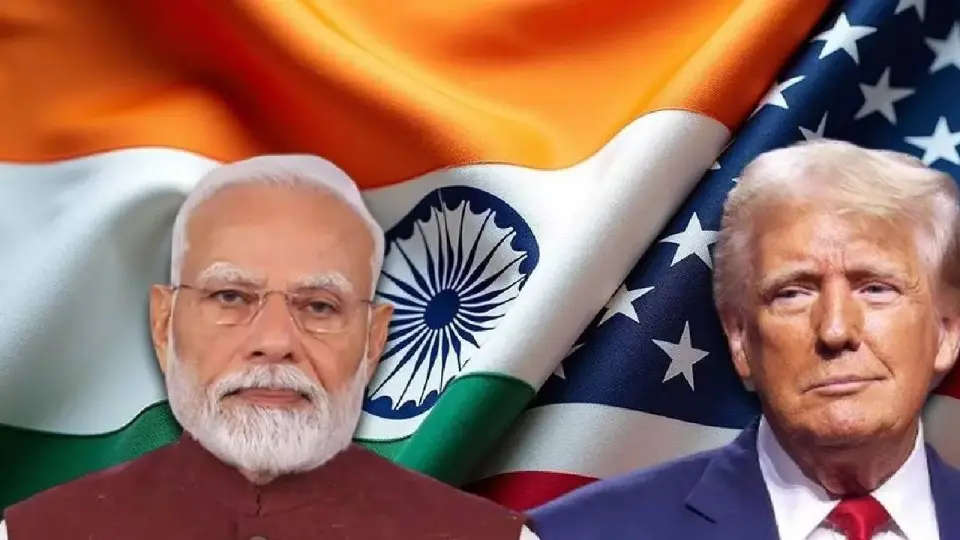
India US Defence
National news: Over 450 soldiers from India’s Madras Regiment joined hands with US troops from the Arctic Wolves Brigade in Fort Wainwright. This high-altitude “Yudh Abhyas” exercise will run until September 14. Soldiers will rehearse heliborne operations, casualty evacuations, and advanced surveillance tactics. The drills emphasize combat readiness in subarctic conditions. Both sides underline the symbolism of training together despite political strains.
Officials insisted defence cooperation remains the backbone of the bilateral relationship. The US has secured Indian defence deals worth $25 billion since 2007. Washington has already begun supplying engines for India’s Tejas fighters. More procurement, including 113 new GE engines and 31 Predator drones, is in the pipeline. The defence link demonstrates continuity even when diplomacy falters.
President Trump’s decision to impose 50% tariffs on Indian goods shocked New Delhi. It dented mutual confidence built over decades. Indian officials privately describe the move as a breach of trust. Yet, they acknowledge too much is at stake to rupture ties. Defence officials frame cooperation as essential, not optional, in an unstable world.
While Alaska hosts joint drills, planners finalize the next Malabar naval exercise near Guam. India, the US, Japan, and Australia will rehearse sea operations under the Quad framework. Their focus remains on countering Chinese assertiveness. The expanded Malabar signals a commitment to keep Indo-Pacific sea lanes secure. Analysts call it a show of strength and deterrence.
India remains cautious, balancing ties with both Russia and China. Despite border frictions, New Delhi has resumed limited engagement with Beijing. At the same time, Moscow remains India’s long-standing defence partner. Observers believe India’s “strategic autonomy” approach gives it flexibility. Washington, however, hopes defence ties with India prevent drift towards rival blocs. This triangular dynamic adds complexity.
Military exchanges go beyond tactical drills. They symbolize strategic convergence between the world’s largest democracies. Joint exercises enhance interoperability, trust, and information-sharing between forces. For India, training in extreme climates is invaluable. For the US, deepening India’s role strengthens Indo-Pacific strategy. The shared optics highlight partnership resilience amid broader political turbulence.
While defence links thrive, uncertainty clouds future trade and technology partnerships. Trump’s tariff-first approach risks overshadowing decades of progress. Diplomats warn of long-term consequences if trust gaps widen. Business leaders fear economic disputes could spill into security cooperation. For now, the military track provides ballast to an uneasy but vital partnership.
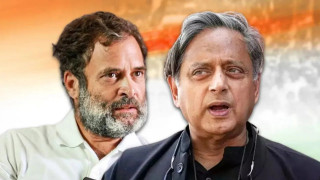
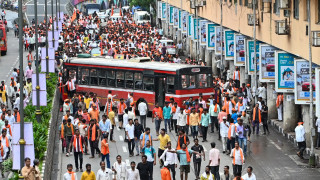
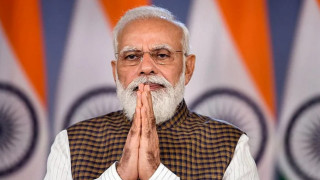
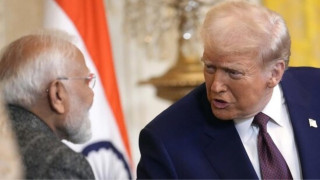







Copyright © 2025 Top Indian News
